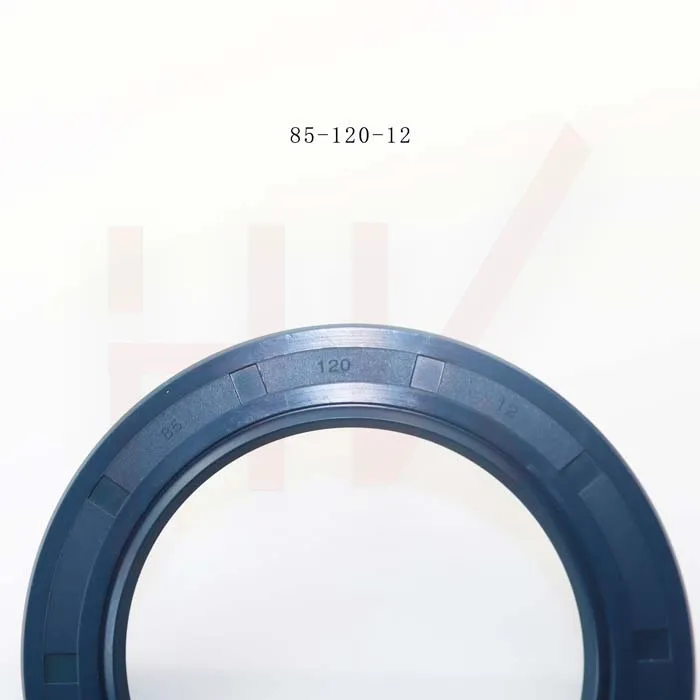Novemba . 16, 2024 21:42 Back to list
hydraulic cylinder wipers
Understanding Hydraulic Cylinder Wipers Essential Components for Efficient Machinery
Hydraulic systems are integral to various industrial applications, from construction machinery to automotive systems. At the heart of these systems are hydraulic cylinders, which convert hydraulic energy into mechanical force. However, to ensure the efficient operation of these cylinders, several components are essential, among which hydraulic cylinder wipers play a crucial role.
What Are Hydraulic Cylinder Wipers?
Hydraulic cylinder wipers, often referred to as seals or scrapers, are components designed to prevent contaminants from entering the hydraulic system. They are typically located at the outer end of the hydraulic cylinder's rod. The primary function of these wipers is to remove dirt, dust, and other debris that may adhere to the rod as it moves in and out of the cylinder. By doing so, they help maintain the integrity of the hydraulic fluid inside the cylinder, thereby ensuring optimal performance and longevity of the hydraulic system.
Importance of Wipers in Hydraulic Systems
1. Contamination Prevention The presence of contaminants in hydraulic fluid can lead to several issues, including wear and tear of internal components, decreased efficiency, and potential system failure. Wipers effectively keep the working environment clean by scraping off unwanted particles before they can enter the hydraulic cylinder.
2. Reducing Downtime By ensuring that the hydraulic system remains free of contaminants, wipers contribute to reducing maintenance needs and downtime. This translates to lower operational costs for companies relying on hydraulic systems.
3. Extending Equipment Life Regular exposure to contaminants can significantly shorten the lifespan of hydraulic cylinders. Wipers play a vital role in extending the life of these cylinders, thereby maximizing investment in machinery and minimizing the need for replacements.
4. Operational Efficiency The smoother the hydraulic system operates, the more efficient it is in performing its designated tasks. Wipers contribute to this efficiency by preventing contamination from causing hydraulic fluid degradation, allowing for consistent pressure and fluid flow.
hydraulic cylinder wipers

Types of Hydraulic Cylinder Wipers
Hydraulic cylinder wipers come in various designs and materials, tailored for specific applications and operating conditions. The most common types include
- Rubber Wipers These are the most frequently used wipers due to their flexibility and resilience against wear. Rubber wipers can effectively cope with moderate to harsh conditions, providing a reliable seal against contaminants.
- Polyurethane Wipers Known for their excellent abrasion resistance and fatigue properties, polyurethane wipers are often used in applications that require enhanced durability.
- Metal Wipers In extreme environments where standard material wipers may fail, metal wipers are employed for their robustness, especially in heavy-duty applications.
Installation and Maintenance Considerations
Proper installation of hydraulic cylinder wipers is critical to their performance. Ensure that the wipers are correctly positioned and that there are no signs of damage or wear before installation. Regularly inspect the wipers for signs of deterioration, as worn wipers can fail to keep contaminants out and should be replaced promptly.
Conclusion
In conclusion, hydraulic cylinder wipers are essential components that play a significant role in maintaining the efficiency and longevity of hydraulic systems. By preventing contamination, reducing downtime, extending equipment life, and ensuring operational efficiency, they are a small but critical investment for businesses that rely on hydraulic machinery. Understanding the types of wipers available and the importance of their installation and maintenance will help in maximizing the performance of hydraulic systems effectively. As industries continue to evolve and demand higher operational standards, the importance of hydraulic cylinder wipers will only grow, making them a key focus for engineers and maintenance personnel alike.
-
Unlocking the Potential of Hydraulic Systems with Essential Sealing Solutions
NewsAug.06,2025
-
Unleash the Power of Your Hydraulic Systems with Our Premium Seal Kits
NewsAug.06,2025
-
Specialized Hydraulic Seal Kits for Breakers, Pistons, and Presses
NewsAug.06,2025
-
Revitalize Hydraulic Systems with Premium Repair and Seal Kits
NewsAug.06,2025
-
Fortify Your Cylinders with Premium Sealing Solutions
NewsAug.06,2025
-
Elevate Hydraulic System Reliability with Specialized Seal Kits
NewsAug.06,2025
-
TCN Oil Seal Metal Ring Reinforcement for Heavy Machinery
NewsJul.25,2025
Products categories
















